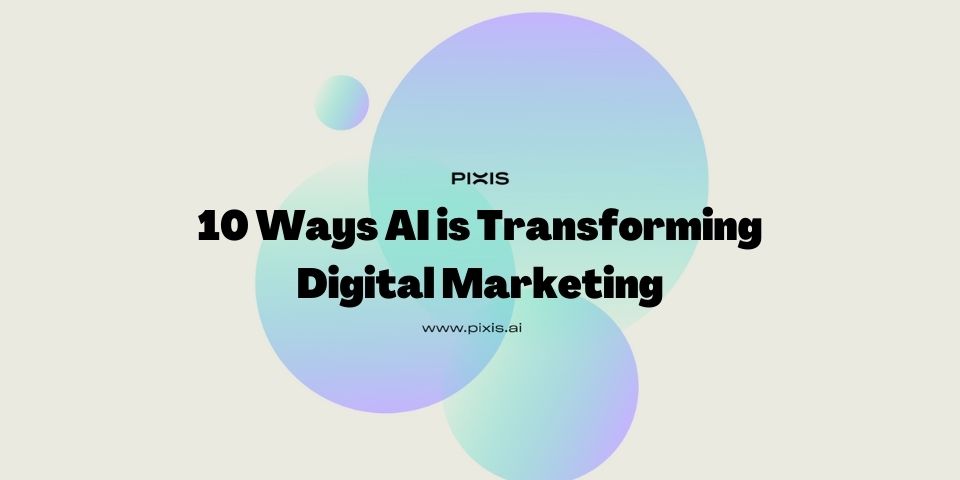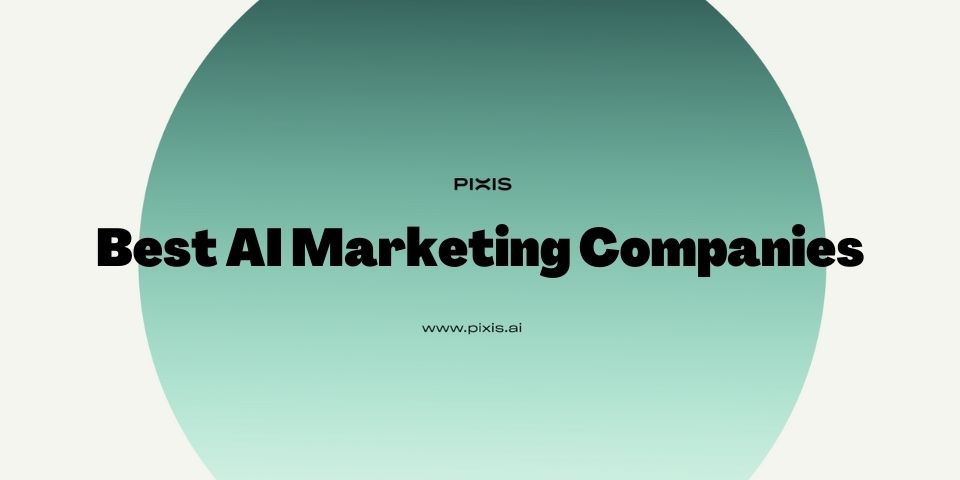Does AI-led Consumer Research Live Up To The Hype?
Consumer insights are marketing gold for modern marketers. It’s crucial for uncovering factors that could increase customer satisfaction. And we all know how that can catapult brand image and customer loyalty.
No wonder the global revenue of the consumer research industry has grown over twice in the last decade – coming close to a $100 billion industry. Marketers often find themselves gathering every piece of information they can – consumers’ likes, dislikes, preferences, behavior, whims, and even their pet’s favorite color.
But there’s one fundamental problem that makes these researches not so usable.
We say ‘not so’ because essentially these researches are based on consumer’s perceptions – which is constantly evolving.
Yes, I liked it yesterday, but I think this one is so much better.
Oh, I just filled out the survey, don’t really have preferences for that product.
Wait, these two products are different? How?
A Facebook browse, a couple of Instagram stories, a text from a friend, and a tweet can change pretty much any consumer’s buying preferences. And there’s data to prove that. 79% of the people say that user-generated content on social media significantly impacts their buying decisions.
Hold on to the word ‘significantly’. We will help you understand why it matters.
Getting back to finding insights from consumers. Conducting research in an ever-changing world is like running around in circles and getting nowhere.
You conduct the research.
Their perception evolves.
Your research results are no longer accurate.
You conduct new research.
It’s not that all the research that every brand has conducted is completely useless. But, while the organizations make business decisions using these insights, often they get outdated. So practically brands are failing to make the most out of the expensive and time-consuming researches they conduct.
The whole collection process could be improved a lot – using ‘Collection Efficiency’.
You can’t manage what you can’t measure. To make the most out of consumer research, you need a dynamic approach to collect information from the most relevant cohorts. And who do we turn to when we need the highest levels of efficiency?
*Slowly turns head towards AI*
AI-powered consumer researches
Alright. No points for guessing.
Artificial intelligence has helped marketers achieve accurate targeting, effortless optimizations, creative relevance, and so much more. But before all of these comes into play, understanding the consumer is always on top of any marketer’s list.

Optimizing consumer research can truly make the whole process effective, saving brands tons of time gathering and analyzing data that is of little value.
There are 4 ways AI advances consumer research methodology.
Recruitment Efficiency
Your consumer base is diversified. Panel recruitment parameters that worked well in one geography may not work well in a different geography. And with ever-evolving markets, checking only a few basic parameters such as age, nationality, education is hardly any segregation.
Brands need niche parameters such as interests, job profiles, earnings, languages fluency, employment industry, and more to draw invaluable insights that give them a competitive edge. These insights uncover sweet spots in the target audience that has the highest chances of conversion.
Panel Relevancy Map
A picture is worth a thousand words. In marketing, this picture is worth thousands of hours of man work. Yes, we are talking about the times when marketers analyze different segments and try to find similar audience bases that can be clustered together. AI can do this in seconds, if not real-time. It analyzes billions of demographics and psychographic data points along with other extraneous variables (devices they consume content on, platforms they are active on) and creates a relevancy map. This helps the marketer build panels of relevant audiences based on the targeting parameters that the research demands.
Statistically Accurate Panel
Remember ‘significantly’ – the fancy word we used above? You simply can not include all of your consumers for research purposes. We wish we could do something like that for you. But don’t panic yet. You can do something like that by taking a representative sample of your audience. This means your panel will contain one or more consumers from each segment of your overall target audience. This way you arrive at a panel that is statistically the most accurate representation of your audience. It’s like a greek platter – everything, just at perfect quantity.
Engagement Efficiency
While a statistically accurate panel is important, the research can only be termed successful if the optimal number of people participate in the research. Here, the AI concentrates its efficiencies in helping the marketer get the maximum number of research responses at the minimum possible cost. Engagement patterns help the AI understand and rank the quality of audience segments. The higher the engagement with the research, the higher the quality of the audience.
The AI system understands that non-incentivized research participants are the highest quality of audiences. It can then use the non-incentivized audience data points to refine its panel recruitment capabilities.
Research that creates impact
While knowing exactly what the audience is thinking is practically impossible, unless you hire Professor X. Brands can still be extremely accurate by utilizing the agility and scalability of AI. Building accurate and reliable consumer panels, conducting AI-led agile researches, and creating strategies based on them is the recipe for successful marketing research. And we couldn’t be more thrilled to help you on this quest.
Stay tuned for our next AI-volution blog. Shoot us a demo if you want to see all of this in action.







